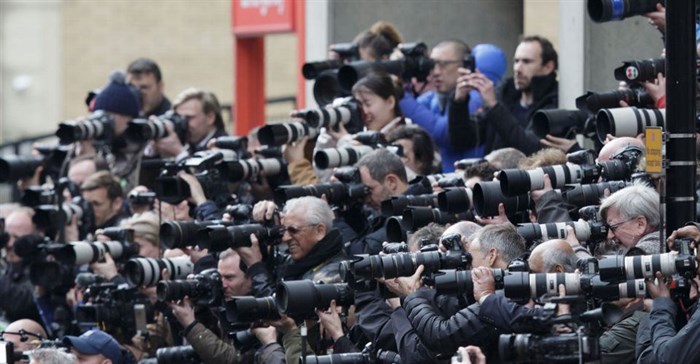There is strong evidence that the British Monarchy still pays for itself and continues to make a positive financial impact on the UK's economy.

Source: The Royal Family
The Royal Family The coronation of Britain’s first new monarch in 70 years drew interest from millions
An analysis by Brand Finance, released to coincide with the coronation of Britain’s first new monarch in 70 years, found that the British Monarchy has delivered a R22,2bn (£961m) benefit to the UK economy this year.
Each year Brand Finance, the world’s leading brand valuation consultancy, values over 5,000 of the world’s biggest brands, and this includes valuing the British Monarchy as a brand.
Non-recurring benefits vs non-recurring contribution
The updated cost-benefit analysis considered all the estimated costs and benefits to the UK and divided these between recurring and non-recurring impacts.
The non-recurring impacts are the one-off costs and benefits related to special events such as the coronation.
Brand Finance found that the non-recurring benefits will be £1,692m, compared with non-recurring costs of £931m, meaning that the Coronation year produces a net positive non-recurring contribution of £761m.
The primary costs in the 2023/24 financial year are £100m estimated for the coronation itself, and £831m estimated for the incremental bank holiday which reduces GDP.
In addition to the one-off net benefit of £761m for the Coronation year, Brand Finance also considered all the estimated recurring costs and benefits to the UK.
Brand Finance estimates that the recurring benefits are £567m in the 2023/24 financial year, with recurring costs of £370m in the 2023/24 financial year.
Therefore, the net recurring benefit in the 2023/24 financial year is estimated to be £197m, giving a total benefit of £958m.
The various economic benefits to the UK, include Royal Warrants, Coats of Arms, Unofficial Endorsements, Patronage, Tourism, Trade, Media & Arts, Global Media Coverage, and Merchandise.
The various costs include the income distributed from the Crown Estate and Duchies, the notional value of free accommodation in Occupied Royal Palaces, the direct costs of security, and other assorted costs. It must be noted that much of these costs are spent on payments to staff (such as security staff) who participate in our economy – with such money substantially recycled throughout the broader British economy.
“Spread amongst the 67 million people of the UK, the recurring financial benefits of the Monarchy are estimated to be over £8.50 per person, per year, and the recurring costs are estimated to be approximately £5.50 per person, per year,” explains David Haigh, chairman of Brand Finance.
Although the Monarchy produces a net recurring benefit to the British economy, this net benefit is significantly lower than in the past, during the reign of Queen Elizabeth II.
Making the Monarchy relevant
In addition while support for the Monarchy remains high, it is significantly down on previous levels following the passing of Queen Elizabeth II last year, together with a series of public relations disasters, including controversies surrounding Prince Andrew and Prince Harry, and the growth of republicanism.
“King Charles III faces the challenging task of adapting the Monarchy and making it relevant to a new and sceptical audience in a rapidly changing social and political landscape,” says Haigh.
The King has said that he will slim down and reposition the Monarchy for a new era which will likely be received positively and help with the reinvigoration of the Monarchy brand.
"Fortunately, despite rising costs and benefits declining, there is strong evidence that the Monarchy continues to deliver a huge benefit to the UK economy,” adds Haigh.
Whether this will be enough to reinvigorate and self-sustain the Monarchy, remains to be seen.

































